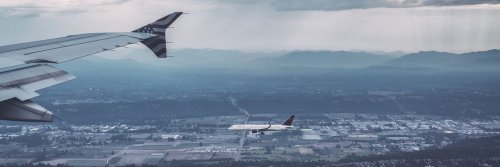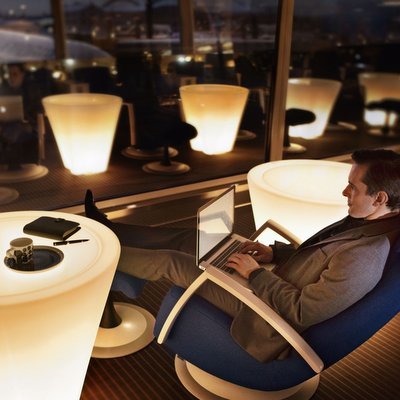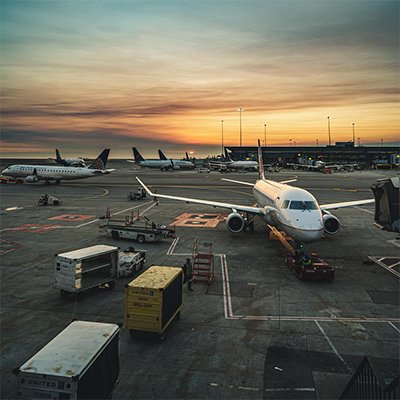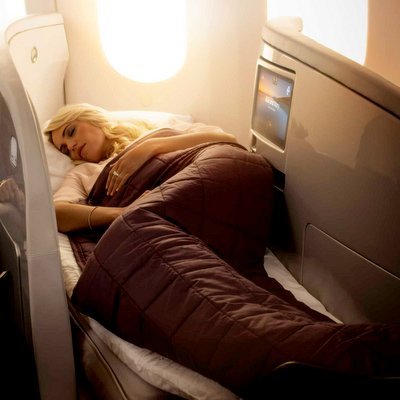COVID-19 has brought the travel industry to its knees, and with it, our flights of fancy that involve hotels in exotic destinations and cruises around magical islands. Most of all, it has stopped that awesome feeling of jetting off on a magic carpet ride complete with in-flight service.
Now, many of us would not complain about the unruly kid kicking the back of our seat to death, the iffy in-flight food on a budget airline, or the annoying person beside you hogging the armrest. Those days have disappeared for the time being. Today, the mayhem of air travel is like a burning aftertaste to many starved wanderlusters. What would we do now, to get on a plane to somewhere, anywhere?
Our wings may be clipped, but many airlines are still flying, for different reasons. Sans the typical globe-trotting bums on seats, planes are doing mercy missions. They are transporting medical staff, equipment, and maintaining supply chains throughout the world in their contribution to fighting the big bad bug (aka COVID-19). It's a disaster response unlike any that has preceded the year 2020.
Alitalia delivered nurses and doctors who specialize in infectious diseases from Havana to Milano Malpensa. They were desperately required for Italy's worst hit region of Covid-19 cases in Crema, Lombardy. A Cuban medical team was transported to Barbuda and Antigua by the Venezuelan airline, Conviasa. The largest private fleet in Europe, Jetfly, has made part of its fleet available for medical teams to get around Europe.
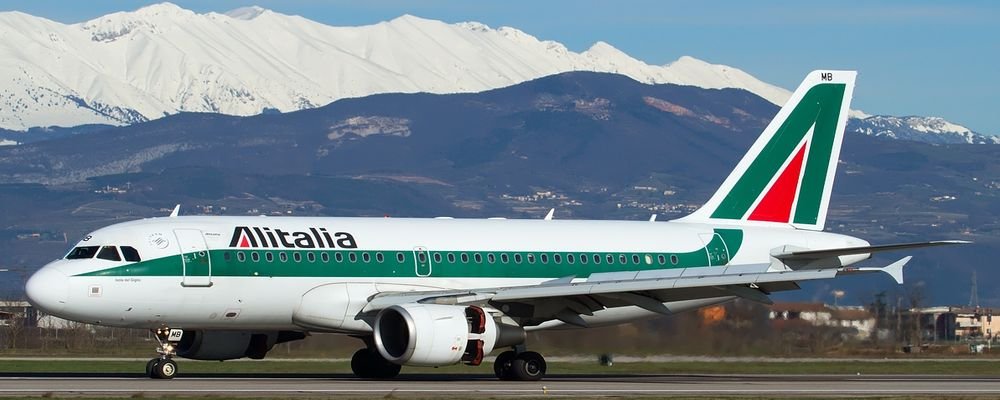
JetBlue, based in New York, shuttles medical volunteers from all parts of the country to where they are desperately needed, as do Southwest Airlines and Delta Air Lines. Partnering with New York City, United Airlines are adding their seats for free round-trip flights for medical personnel to get them where needed. Hawaiian Air takes medical staff to virus-ridden communities on neighbouring islands. The list goes on of compassionate acts by airlines during the global pain.
Many airlines are facing a complete meltdown of finances, such as Virgin in Australia. The government has stepped in to give both Virgin and Qantas support for the next couple of months to keep them in the air for much-needed services over domestic routes. Apart from maintaining connectivity in a country as large as what Australia is, it's also required to transport essential workers from one place to another and to move necessary medical equipment.
Returning Australian citizens who have completed their 14-day regulated isolation in whatever city they landed now have the means of getting back to their own home cities by flying. If you live in Perth but land in Sydney, you would have had to drive approximately 4000kms to get home– think Paris to Barcelona return trip, but twice. It's a big sunburnt country with most of its residents living around the coastline.
Some airlines have become air ambulances. Loganair of Scotland has partnered up with the Scottish Ambulance Service to carry "isolation pods" for the movement of COVID-19 stricken patients from remote areas. Cabin crews in the UK and Scotland are being up-trained to become support teams for medically strapped hospitals and clinics, as they already have basic medical training. Protective gear for medical workers, medical equipment, and medicine are all being hauled around the world in our new bright blue skies without the pollution stain.
Airlines are providing a fast and efficient mode of transport to get supplies around the world, especially to worst hit areas. With massive cargo capacities, Alitalia has put its Boeing 777-300 to good use flying medical supplies from Shangai to Rome.
Ethiopian Airlines moved supplies donated by the co-founder of Alibaba online shopping platform right across Africa. Qatar Airways transported more than 50,000,000 kg of supplies to regions around the globe impacted by the deadly virus.
Lufthansa Cargo and passenger airlines are making a mammoth effort, while United Airlines, Japan Airlines, and UPS were amongst the first to react to the emergency situation. Airlines all over the world are donning their humanitarian hats by converting to cargo instead of people carriers, some filling passenger cabins with goods, maximizing the storage space.
From transporting medicines in temperature-controlled environments to returning stranded citizens to their home cities, and keeping basic necessities such as food supplied to desperate populations, airlines have stepped up to the plate. Aviation personnel, from pilots to air traffic controllers, are putting the needs of the world's community before their own safety, as much as any other first responder. Unfortunately, they seem to be silently working behind the scenes without public displays of praise.
For one minute, walk outside and stand there, in silence and thanks. Look up at the gorgeous clear sky and contemplate how many amazing angels are still spreading their wings to help the world's population.
Gail Palethorpe, a self proclaimed Australian gypsy, is a freelance writer, photographer and eternal traveller. Check out her website Gail Palethorpe Photography and her Shutterstock profile.

